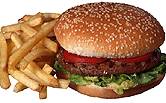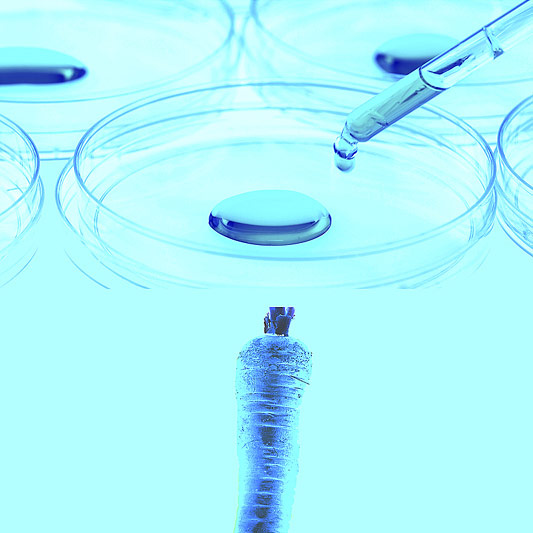
THURSDAY, March 15 (HealthDay News) — Researchers say they’ve discovered clues about how a fatty diet increases the risk of colon cancer.
“There have always been questions about why things like diet and obesity are independent risk factors for colon cancer. This study suggests how and why high-fat diets are linked to colon cancer,” lead author Carmen Sapienza, a professor of pathology in Temple University’s Fels Institute for Cancer Research and Molecular Biology, said in a university news release.
He and his colleagues examined healthy colon tissue from colon cancer patients and found that epigenetic marks on genes involved in breaking down carbohydrates, fats and amino acids — which are all common in a fatty Western diet — seem to have been retrained.
Epigenetic marks are chemical modifications that act as on/off switches for many genes, according to the release.
“These foods are changing the methylation patterns on a person’s insulin genes so that they express differently, pumping out more insulin than the body requires,” Sapienza explained. “In people that have colon cancer, their glucose metabolic pathways and insulin-signaling pathways are running at completely different levels than people who don’t have colon cancer.”
Cancer cells “love” insulin and studies have shown that tumors feed off insulin, Sapienza noted.
Most cases of colon cancer occur in people 50 and older, and it is unclear when these genetic changes begin. If such changes can be detected in other healthy tissues in the body, it might be possible to use blood or saliva tests to determine a person’s colon cancer risk or diagnose the disease, Sapienza suggested.
The study was published in the March issue of the journal Cancer Prevention Research.
More information
The American Cancer Society has more about colorectal cancer.

